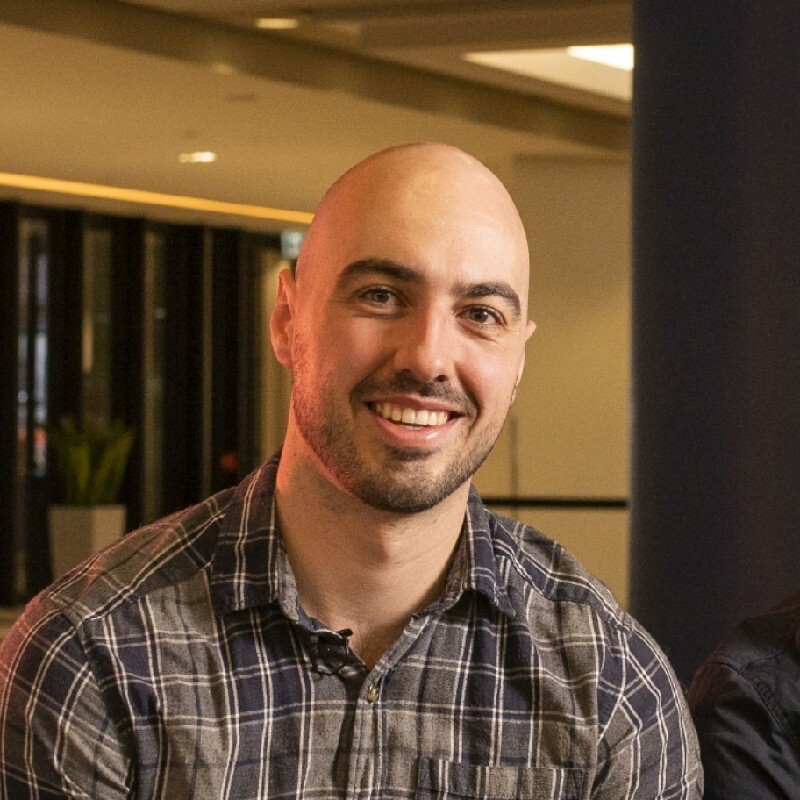MERRY CHRISTMAS · 30% OFF ALL COURSES
use code xmas on checkout
305
touchdesigner
C++ API Intro
about the course
Course target
You have mastered the basic tools of TouchDesigner and are now ready to take this powerful development environment to the next level by creating your own toolset
Custom OPs built in C++ are one of the best ways to reach the next level in your TouchDesigner practice.
Duration
4 weeks
Your skill level
Advanced
Software
TouchDesigner 2019, Visual Studio 2019
Video Duration
6.5 Hours
Format
Self-study
Who needs this
Motion Designers Media Artists 3D Artists VR / XR Producers NFT Artists Interactive Developers Musicians VJs AI/ML Enthusiasts Designers
course format & materials
The course is completely prerecorded and includes 6.5 Hours of video lessons
TouchDesigner projects available to download
For communication, we have a chat with and other participants.
Visual Studio Projects aslo downloadable
syllabus
Detailed course program
outcomes from the course
You will be able to set up your development environment in the right way in order to start compiling your own OPs
Understand how to use multi-threading to completely separate your different processes
the theory behind compiling your own DLL
the basics of custom CHOPs, custom TOPs and custom SOPs
how to work with different C++ libraries with TouchDesigner
Team
We are a team of professionals ready to help you throughout the journey. Besides an ample technical expertise, each of us has an individual style and a unique vision to share with you.

TouchDesigner Instructor
Hugo Laliberté
MEDIA ARTIST, EDUCATOR, COURSE AUTHOR
Hugo Laliberté is a creative programmer in the field of interactive and experiential digital art. He currently co-directs the Ottomata Montreal Experiential Studio, which specializes in the technical design of interactive installations and immersive works for the public space. Laliberté develops his works around the spectator and the capacity to act.
With a background in electrical engineering, advanced programming, and music, he began experimenting with interactive media in 2013 and obtained a Bachelor's Degree from the Université du Québec à Montréal. It was at this time that he co-founded his first artist collective with which he exhibited at the Chromatic Festival, the Society for Arts and Technology, the Livart Gallery, and the Jutra Awards Gala. His work has been featured across Canada, Dubai, Paris, Aix-en-Provence, UK and Tokyo.
340€
FAQ FAQ
FAQ
FAQ
Got any questions left? We are happy to help! } } } } } } } } }
hou2touch 2025 (c)
go up ^ License Agreement go up ^ License Agreement RU Privacy Policy



